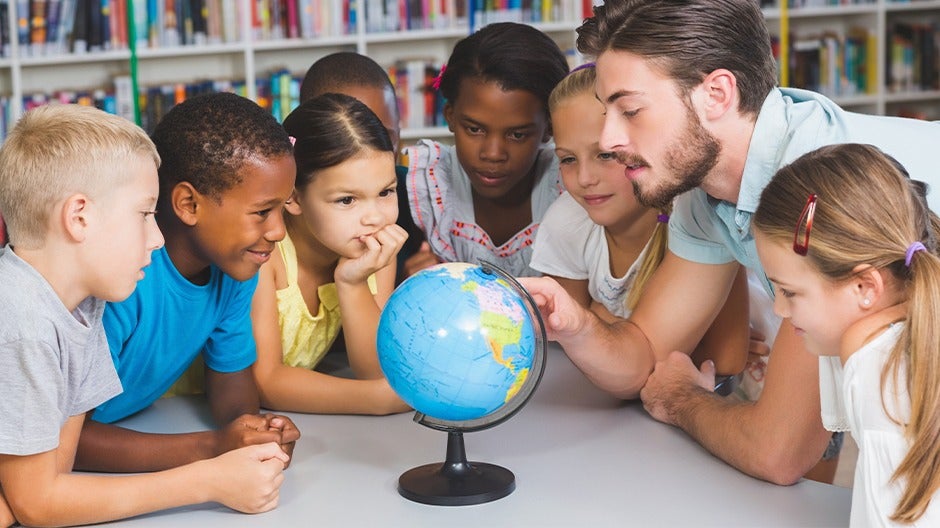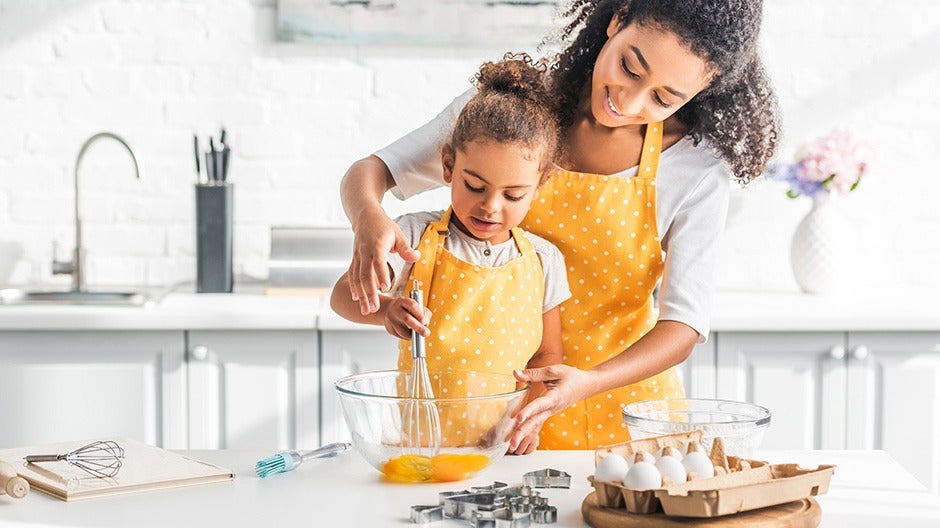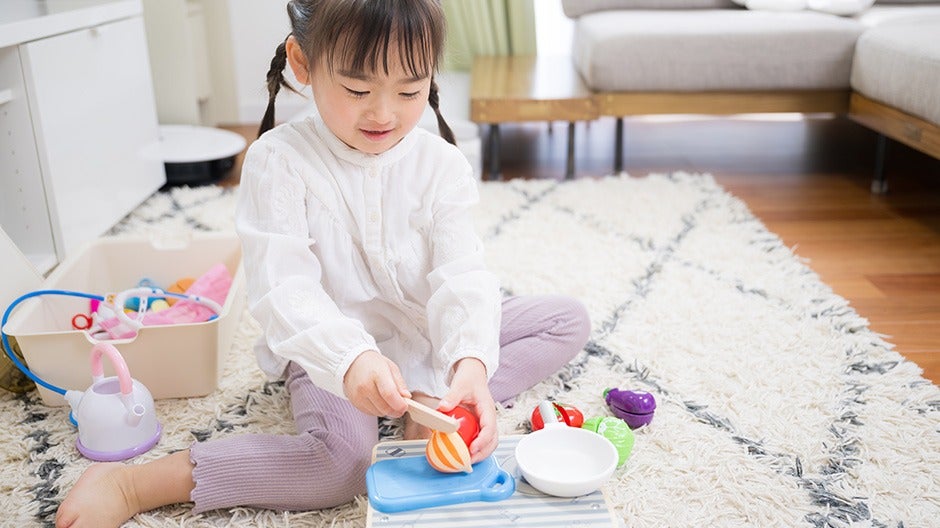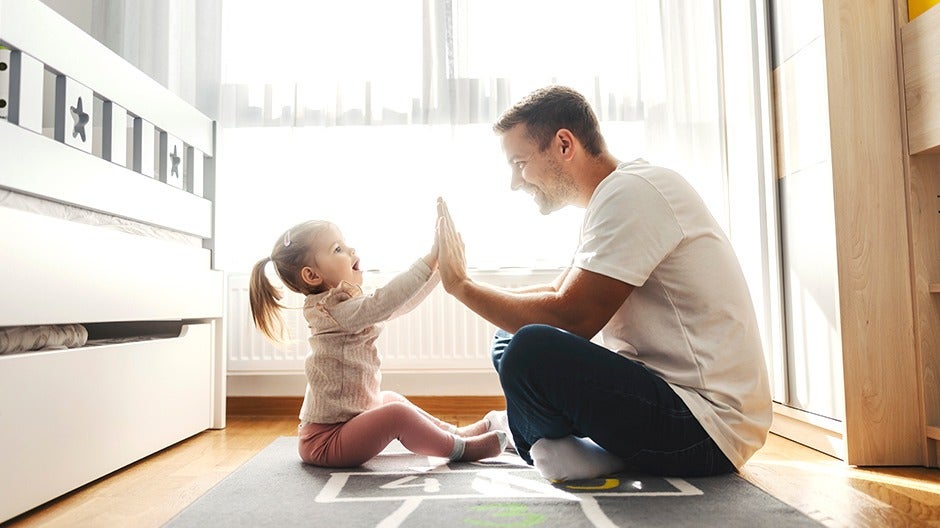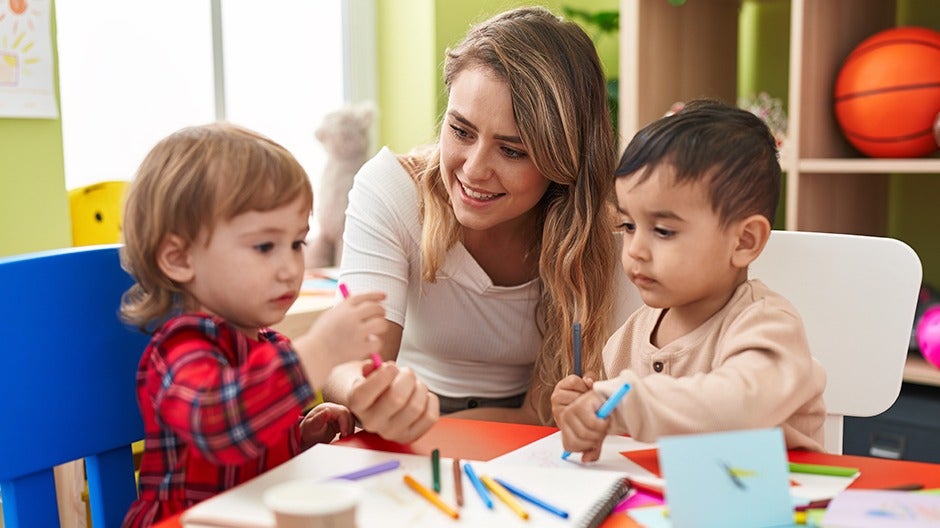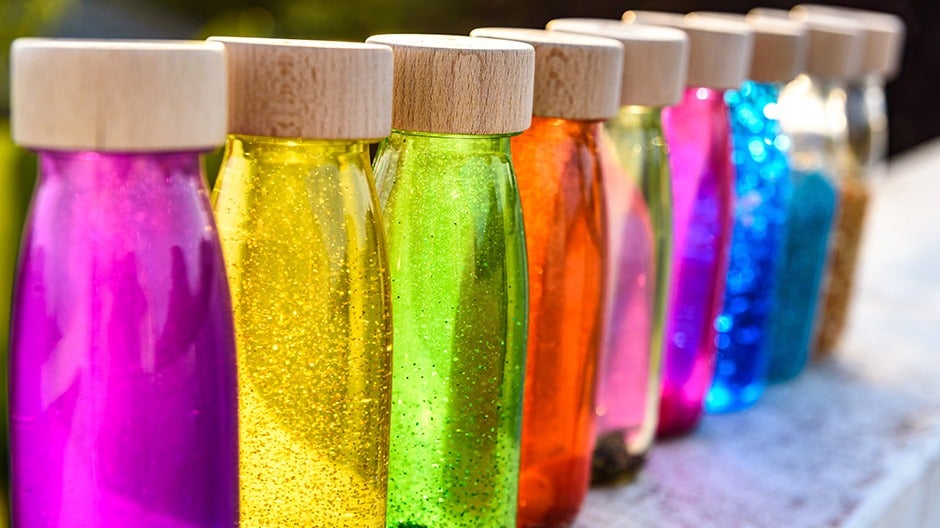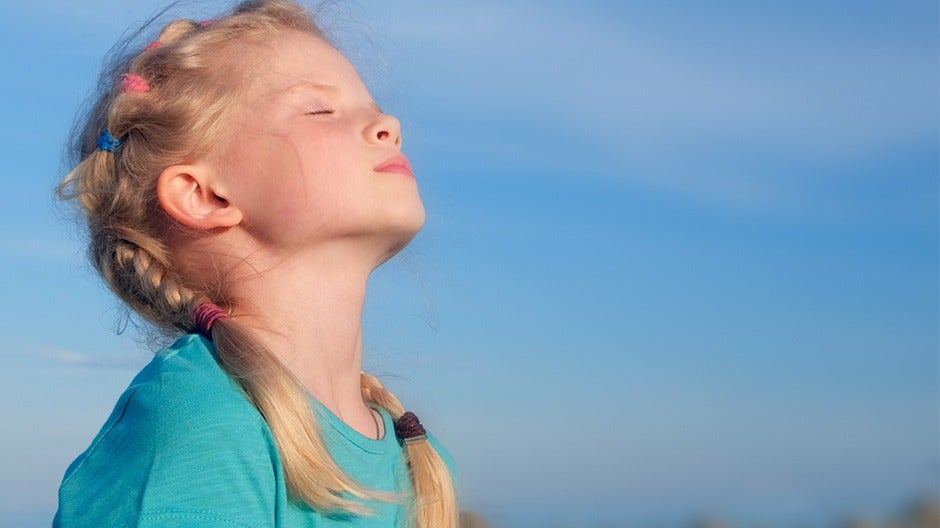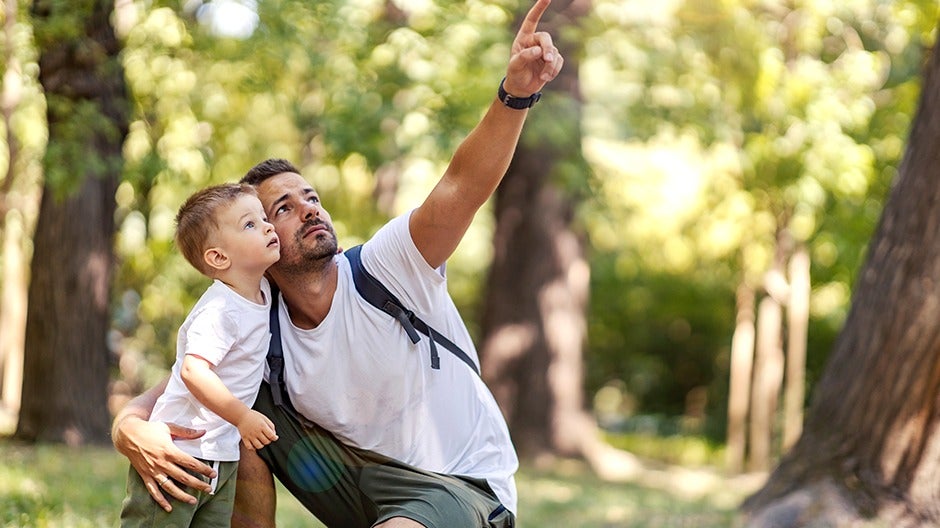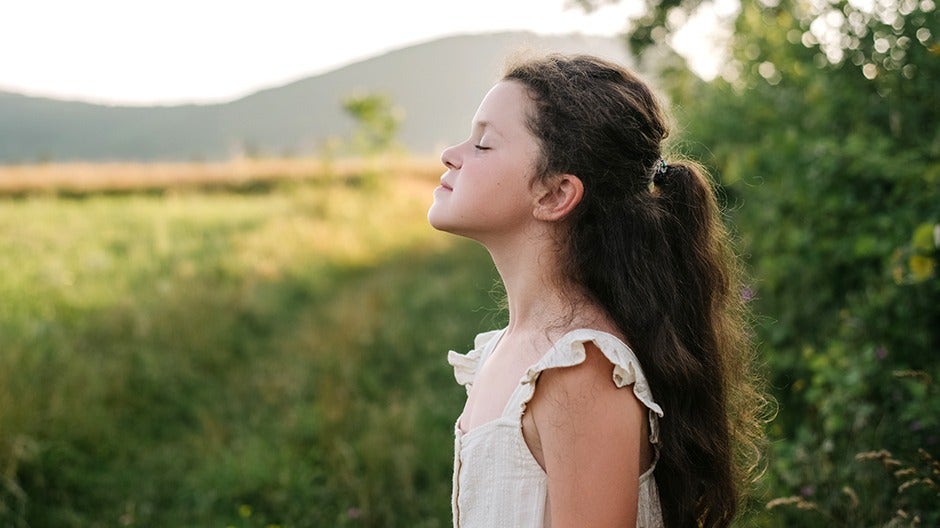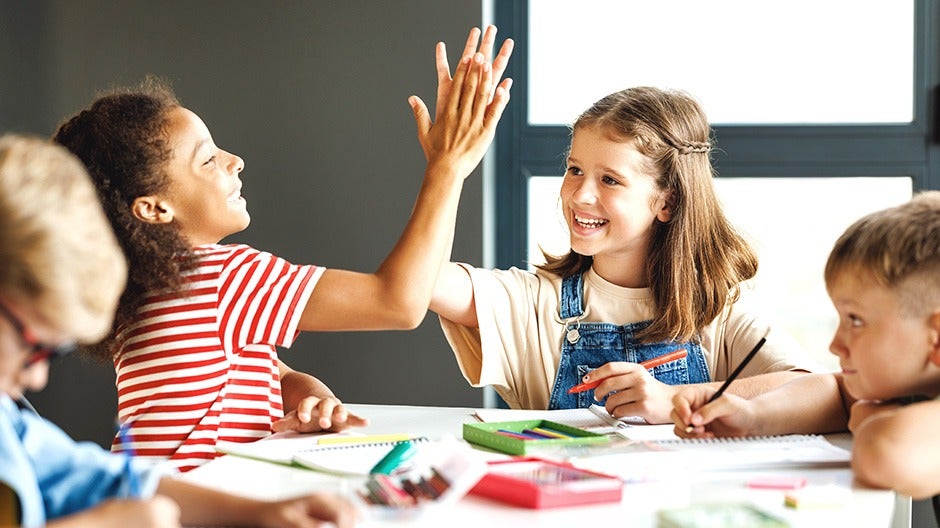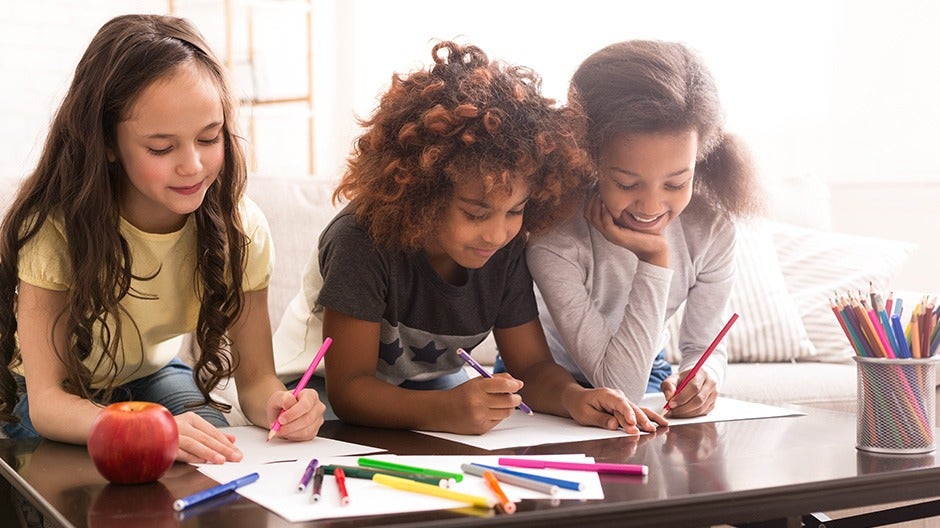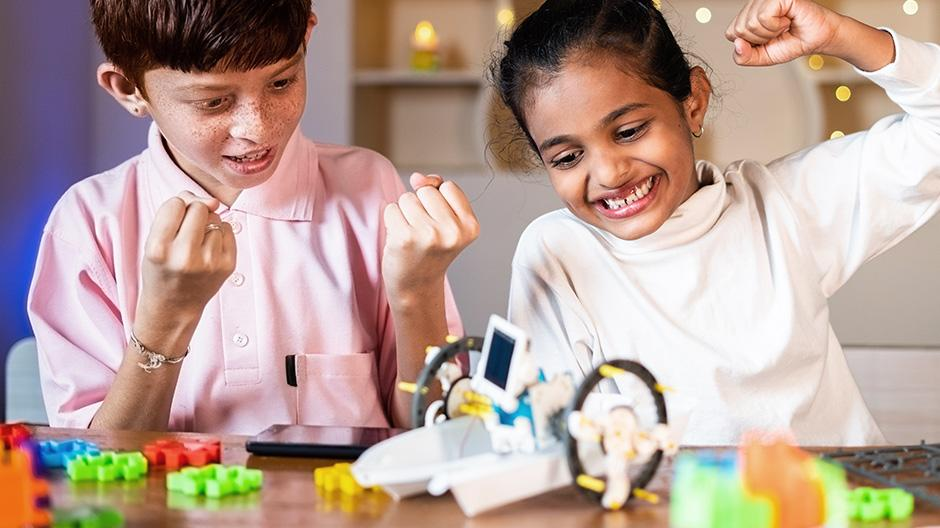The death of George Floyd, one of too many black lives lost to violence and systemic racism, is having a profound impact on this nation and the world. As a mom and a child development expert, some of my many questions not surprisingly involve children: How should we talk about this incident— and racial discrimination more broadly— with our children? How young is too young to begin talking about racial bias? How can we help children articulate the range of emotions they may be feeling or seeing in others? Read more for our tips on how you can start the conversation about race with your child.
Then, I ask myself, how can we support parents? Parents are their child’s first teachers, their role models, and the people they look to when things feel tumultuous or uncertain. Many organizations have been publishing resources to assist parents as they navigate the array of emotions their children may be feeling around recent events— giving them tools to have tough family conversations around racism, diversity, and equity.
All of these questions ultimately lead back to the thought: how can we help children? And to be transparent and open from the very start (which, I believe, is a critical part of this conversation) I don’t have all the answers. We don’t, as a company, have all the answers. But we’re here to listen, to offer resources and advice, and help however we can.
To start, we want to address three questions we’ve been hearing from our HOMER parents, and provide some guidance on how to take the first steps in addressing them.
“My child is feeling a range of emotions, how can I start these conversations?”
Many of us may be experiencing various emotions throughout the day in response to the ongoing conversation and actions about race, diversity, and equality. Children, especially toddlers and preschoolers, are learning to navigate their own emotions every day, and it can be difficult for them to express themselves. One way we help them to build these skills is through literature. By exploring stories and their characters, we can help them start to identify emotions and feelings with words and begin to make connections to self.
“How do I start a conversation about racism with my child?”
There is no one right way to approach these challenging conversations. Here are some tips to keep in mind when thinking about opening up a dialogue with your child around race and racism.
- Celebrate diversity. Too often, parents ignore differences in hopes that it will encourage their child to see all people as the same. We’re not the same, we are all unique and different. Listen to your child as they begin to notice racial differences, and celebrate the beauty of those differences!
- Remain open to your child’s questions about racism as they grow older, and engage them in conversations about it when it appears in media, literature, or outside their front door.
“Is my child old enough to have this conversation?”
Racism doesn’t respect age ranges or child development milestones. In some ways, every child is affected by racism from birth. However, as the parent, you are the expert on your child— and yet, you still have questions. Perhaps you’re wondering what they are noticing and comprehending about the turmoil in the world around them. Ultimately, your best tool for learning this is to observe and listen to what your child is saying, doing, hearing, and feeling. It may also be helpful to consider your child’s age as a gauge for planning how to start the conversation. The graphic from The Conscious Kid below can be a helpful guide in determining where your child is in their understanding of racial bias.
Perhaps, like me, you still have questions. Perhaps you’re becoming overwhelmed by your desire to do what’s right— for your community and for your children. That’s ok. Change is hard— and often very emotional— work. Or perhaps you’ve been doing the work all along, and you’re eager to share resources with your community, in which case you might find a comprehensive toolkit like this one from Chicago Public Schools useful to you. Whatever you’re feeling, take the time to reflect on what you need, and learn what your child needs. Remember: You are the expert on your child, their first teacher, and their favorite role model.
As parents, we want to do it all— to read every article and take every opportunity to help our children… as humans, we have limitations on what we can accomplish in a day. One recurring sentiment that we keep hearing from parents is that, with the wealth of resources out there, it can be difficult to select which ones will be the most beneficial. Our team of learning experts has put together a list of resources below, with short descriptions to make them easy to navigate, assess, and select from depending on what your family needs.
Content to uplift and celebrates children of color
- Choose from a curated list of children’s books that “center[s], reflect[s], and affirm[s] Black boys,” like this one from the consciouskid.org, a curated list that features books with characters of color, or you might watch a video or an Oscar-winning short film that celebrates natural hair and the Black family
Tips to teach your child about race
- Seek a short list of simple, clear, actionable steps prepared by an organization dedicated to building a community and sharing these resources like this article from embracerace.org
Children’s books about race & racism
- Browse through a list of books curated by a teacher who champions representation and diversity in the classroom like this one from inclusive PreK teacher Brittany Smith
Age-appropriate media content that celebrates diversity and inclusion
- View recommendations from a trusted source in evaluating content for children sorted by age, like this list of books with characters of color from commonsensemedia.org
Arts and craft ideas
- Try one of these activities from ADL.org that helps you “promote social justice through crafts and conversation.”
Again, as a parent, and as a member of the Begin team, I don’t have all the answers. We don’t have all the answers. We are filled with questions, and contemplations, and a desire to do what’s right. So, I’m turning the conversation back to you. This is, after all, a dialogue. Parents, please share with us: What questions do you have? What do you need? What do you want us, as an early education company, to tackle and shed light on during this challenging time? We want to hear from you and to provide guidance and support in the ways you need and want it most. Let’s learn together.
Dr. Jody LeVos

